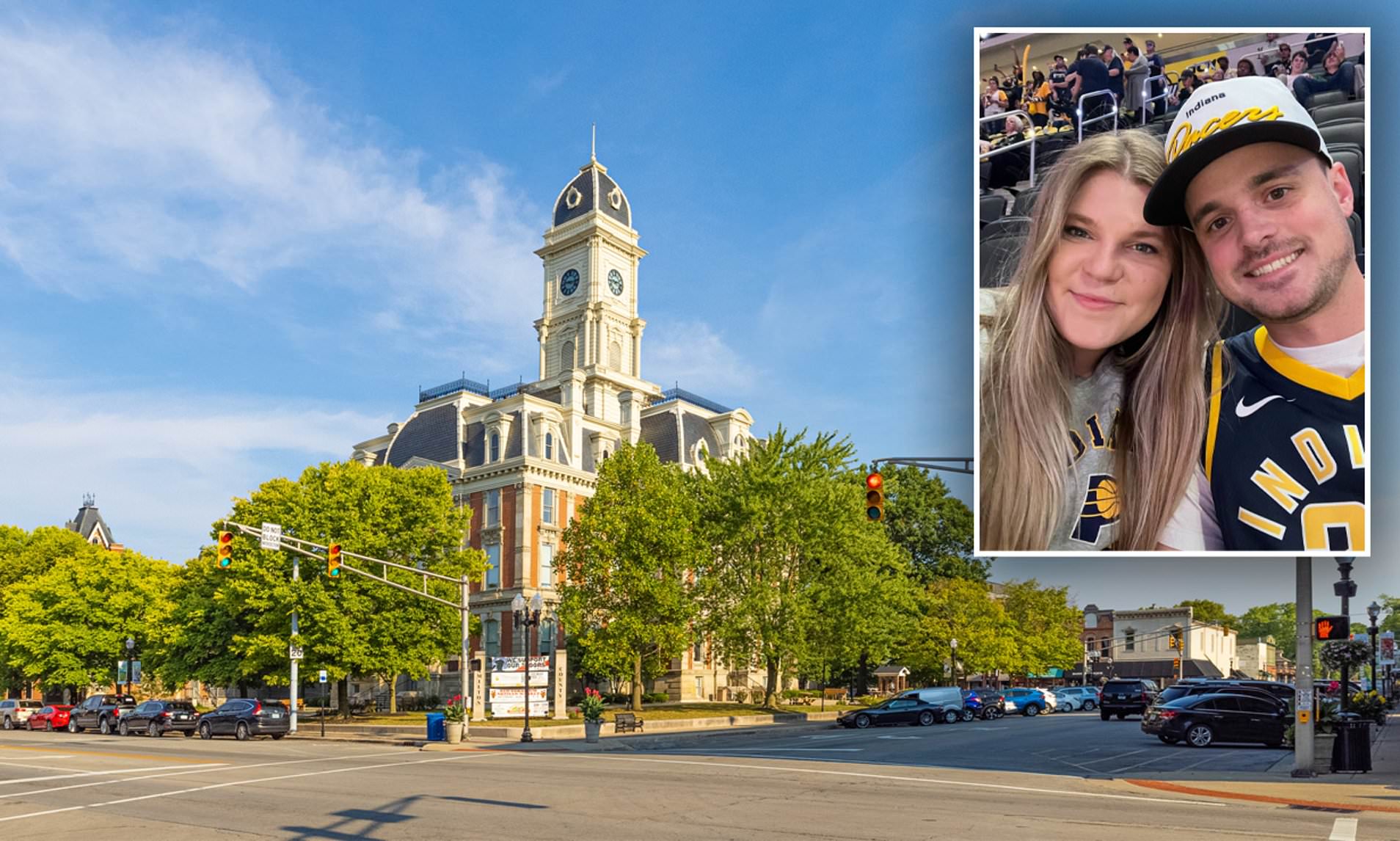
The Rise of Remote Work Incentives in Small Towns
Small towns across the United States are making a bold move to attract remote workers by offering financial incentives and unique perks. This strategy aims to rejuvenate local economies and bring new life to communities that have been struggling with population decline and economic stagnation.
One of the most notable examples is Noblesville, an Indianapolis suburb. The city has launched an ambitious program through MakeMyMove, a platform designed to facilitate worker-relocation initiatives. Noblesville offered Brandon Speece, a Ford data engineer, and his fiancée $5,000 to relocate. In addition to the cash bonus, they received benefits such as free concert tickets, access to a shared working space, and entry to a golf course.
Speece highlighted the impact of the cash incentive, stating that it was used to hire movers. He also praised the co-working space and the opportunity to enjoy golfing. These perks reflect the broader trend of small towns trying to compete for remote workers who now have the flexibility to live anywhere.
The shift towards remote work has created a new dynamic where employees can choose their location based on lifestyle preferences rather than job proximity. Many companies have maintained remote or hybrid work models post-pandemic, leading to a growing number of remote workers—around 10% of the American workforce—still working from home.
MakeMyMove, co-founded by Evan Hock, has expanded its reach significantly. The platform now features 178 relocation programs across hundreds of U.S. cities and towns. Noblesville’s program, one of the largest on the platform, has successfully relocated 102 remote workers since 2022, adding a total of 253 new residents. The city estimates a $37.6 million economic impact over the next five years, with an average wage of $80,000 for relocating residents and homes averaging around $500,000.
Noblesville Mayor Chris Jensen emphasized the importance of growth for communities, stating that “you're either growing or dying as a community.” This sentiment drives many towns to offer attractive packages to remote workers.
Other cities like Terre Haute, Indiana; Columbus, Georgia; and Whitesburg, Kentucky, are also offering incentives ranging from $5,000 to $7,000. Tulsa Remote, one of the country's most established programs, has attracted over 3,600 people to Tulsa, Oklahoma, since 2018. Seventy percent of those who moved there since 2019 remain, thanks to a $10,000 incentive for those staying at least a year.
A study funded by Tulsa Remote found that each dollar spent on the program returned $4 in local benefits, primarily through tax revenue and job creation. The program was six times more effective at creating jobs than traditional business incentives.
Eastern Kentucky has its own initiative, EKY Remote, aimed at revitalizing areas affected by the decline of the coal industry. LaTasha Friend, who manages the program, hopes to change the narrative that success requires leaving the region. Since launching in 2024, EKY Remote has relocated 51 households, totaling over 158 people.
Frankfort, Kentucky, has also introduced a remote-worker initiative, bringing in five workers since 2023. The package includes a $5,000 cash bonus, a bourbon distillery tour, and a meeting with the mayor.
For families looking to escape high-cost urban areas, these programs can be a lifeline. David Wellington, who moved from Washington, D.C., chose Noblesville due to its affordable real estate, good schools, and proximity to family. He and his wife sold their townhouse for $640,000 and bought a larger home for $600,000, using the $5,000 incentive to furnish their new place.
“We didn’t think we’d ever live in Indiana,” Wellington said. “We’re both coasters.”
